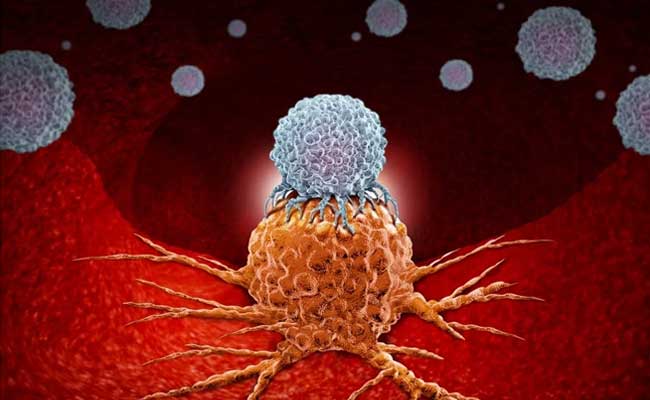Cancer Treatment: Recent Discoveries and Advancements
Cancer is a complex and deadly disease that affects millions of people worldwide. Over the years, medical researchers have made significant strides in understanding cancer and developing innovative treatments to combat it. In recent years, there have been several groundbreaking discoveries in cancer treatment that have given hope to patients and their families. In this article, we will explore some of the recent advancements in cancer treatment and their potential impact on the fight against cancer.
Immunotherapy
Immunotherapy is a type of cancer treatment that works by boosting the body’s immune system to fight cancer cells. In recent years, researchers have made significant progress in developing immunotherapies that target specific cancer cells, making them more effective and reducing the side effects of treatment.
One of the most promising immunotherapies is CAR-T cell therapy. This treatment involves taking a patient’s T-cells, a type of immune cell, and modifying them to target cancer cells. The modified T-cells are then infused back into the patient’s body, where they multiply and attack cancer cells. CAR-T cell therapy has shown promising results in treating certain types of blood cancers, including leukemia and lymphoma.
Checkpoint inhibitors are another type of immunotherapy that has shown great promise in treating cancer. These drugs work by blocking the “checkpoint” proteins on cancer cells that prevent the immune system from attacking them. By blocking these proteins, checkpoint inhibitors allow the immune system to recognize and attack cancer cells. Checkpoint inhibitors have been approved for the treatment of several types of cancer, including lung cancer, melanoma, and bladder cancer.
Targeted Therapies
Targeted therapies are a type of cancer treatment that uses drugs to target specific genes or proteins that are involved in the growth and spread of cancer cells. These therapies are often used in combination with other treatments, such as chemotherapy, to improve their effectiveness and reduce side effects.
One of the most promising targeted therapies is PARP inhibitors. These drugs work by blocking the activity of an enzyme called PARP, which is involved in DNA repair. Cancer cells with mutations in certain genes, such as BRCA1 and BRCA2, are more susceptible to PARP inhibitors because they are already deficient in DNA repair mechanisms. PARP inhibitors have been approved for the treatment of several types of cancer, including ovarian and breast cancer.
Another targeted therapy that has shown promise is HER2 inhibitors. These drugs target a protein called HER2, which is overexpressed in some types of cancer, including breast cancer. HER2 inhibitors have been shown to improve survival rates in patients with HER2-positive breast cancer.
Precision Medicine
Precision medicine is an approach to cancer treatment that takes into account the unique genetic makeup of each patient’s cancer. This approach involves analyzing a patient’s tumor DNA to identify specific mutations that are driving the growth and spread of cancer cells. Based on this analysis, doctors can recommend targeted therapies that are most likely to be effective for that particular patient.
In recent years, there have been significant advancements in precision medicine for cancer treatment. For example, liquid biopsies, which involve analyzing a patient’s blood for cancer DNA, have become increasingly common. Liquid biopsies can provide doctors with real-time information about a patient’s cancer, which can help guide treatment decisions.
In addition to liquid biopsies, there has been a significant increase in the use of genomic sequencing to identify specific mutations in a patient’s tumor DNA. This information can be used to recommend targeted therapies that are tailored to the unique characteristics of each patient’s cancer.
Conclusion
Cancer is a complex and deadly disease, but recent advancements in cancer treatment offer hope for patients and their families. Immunotherapy, targeted therapies, and precision medicine are just a few of the promising treatment options that have emerged in recent years.
![]()





